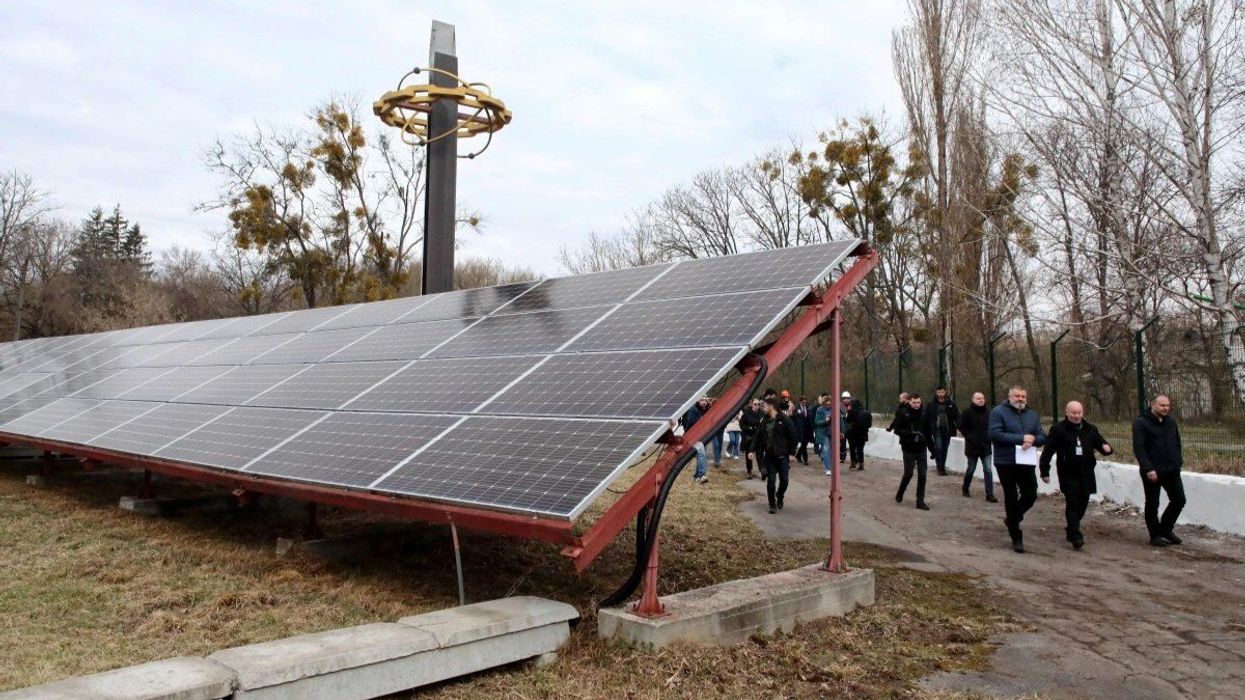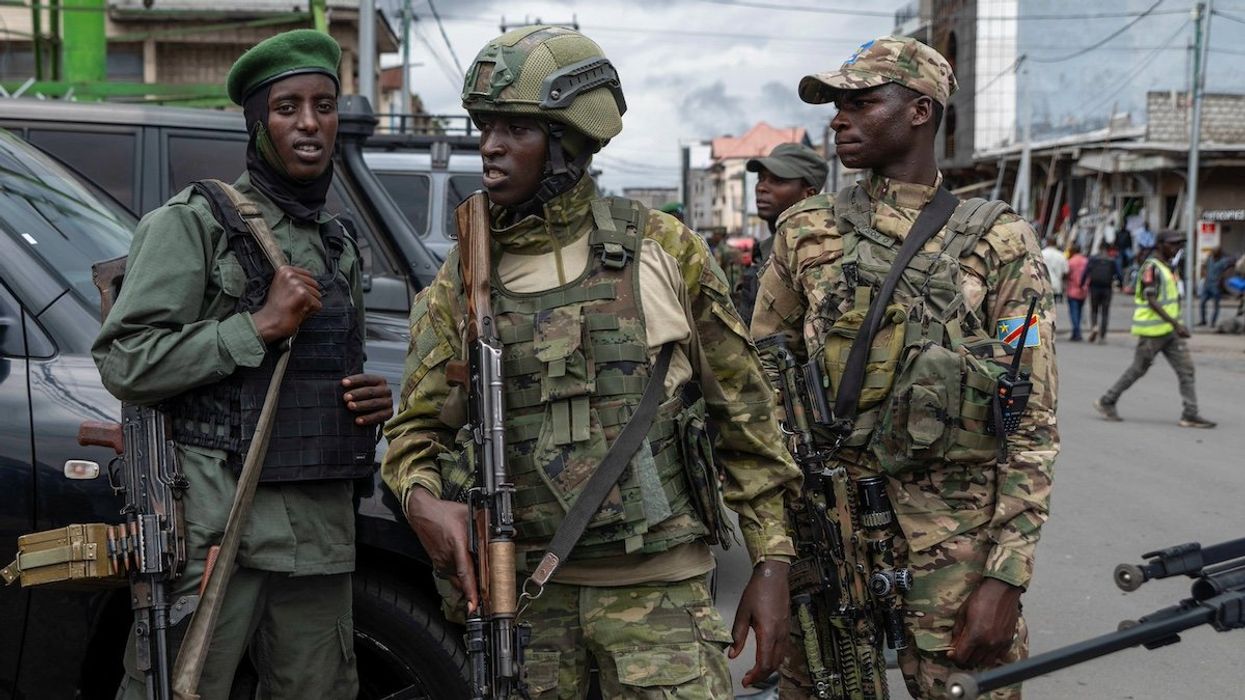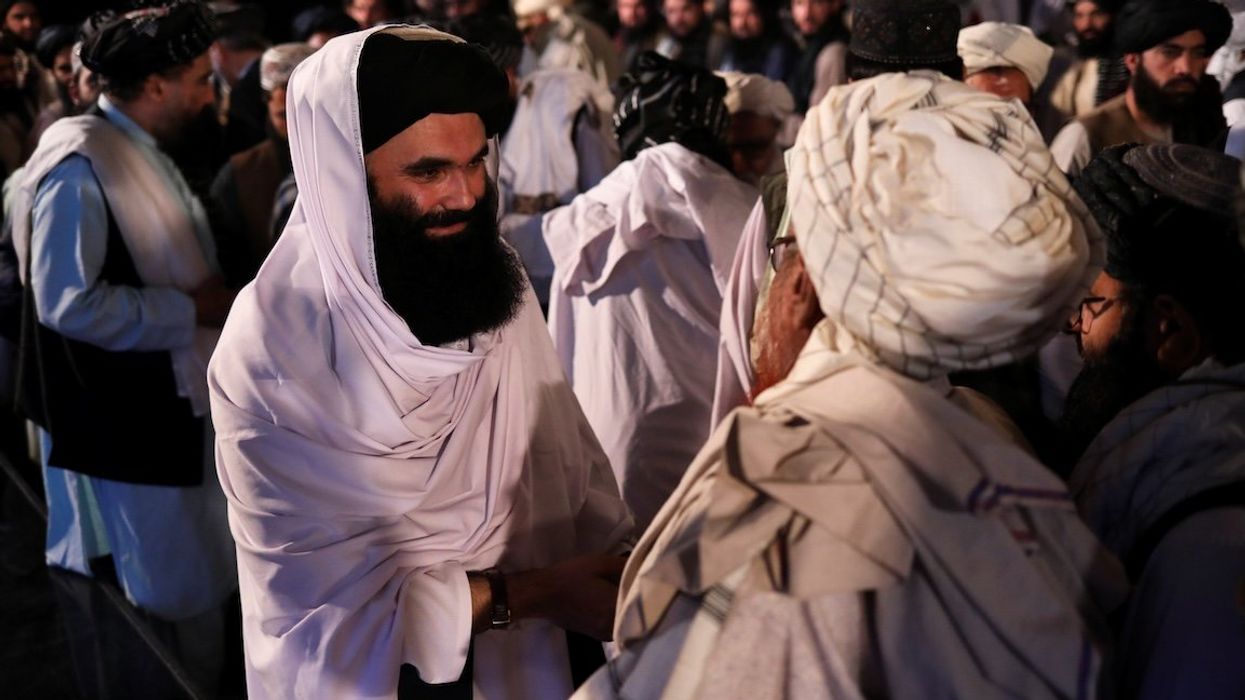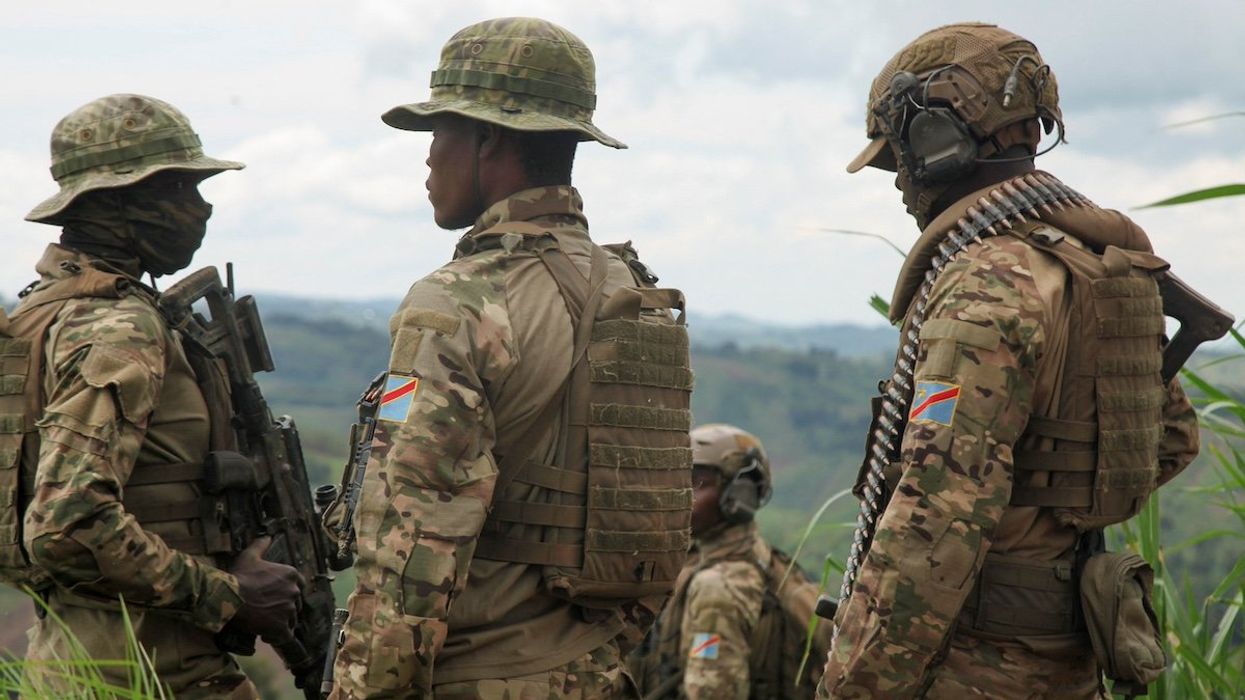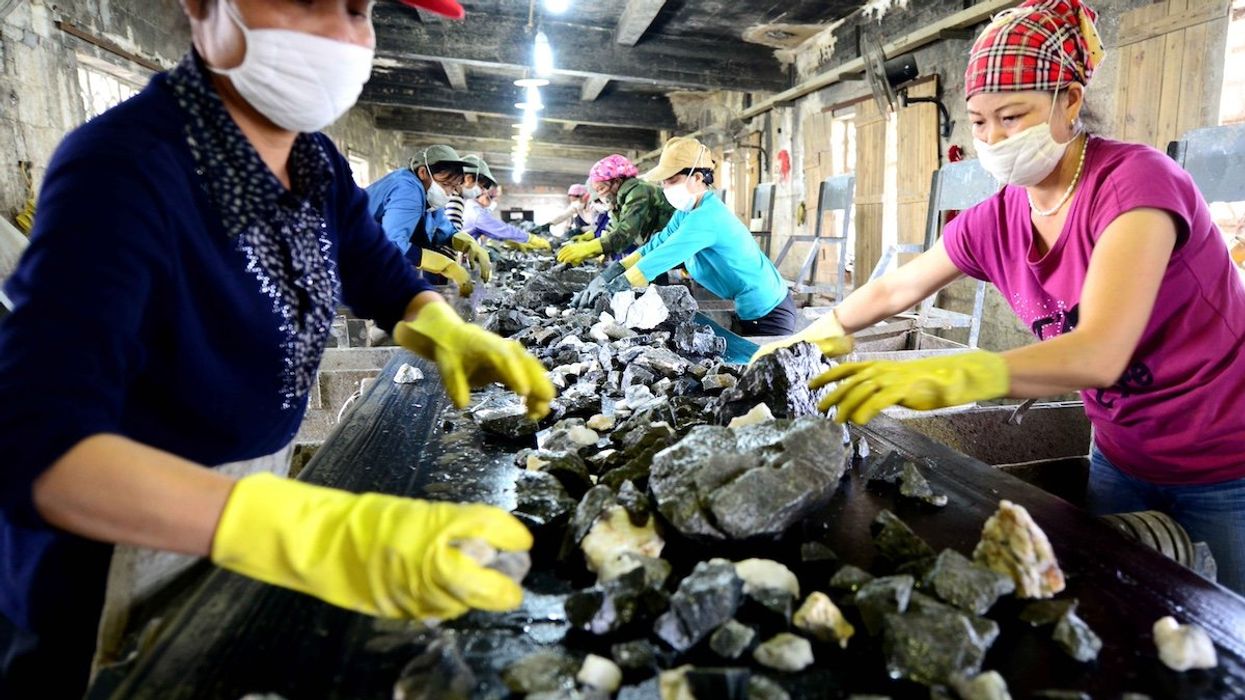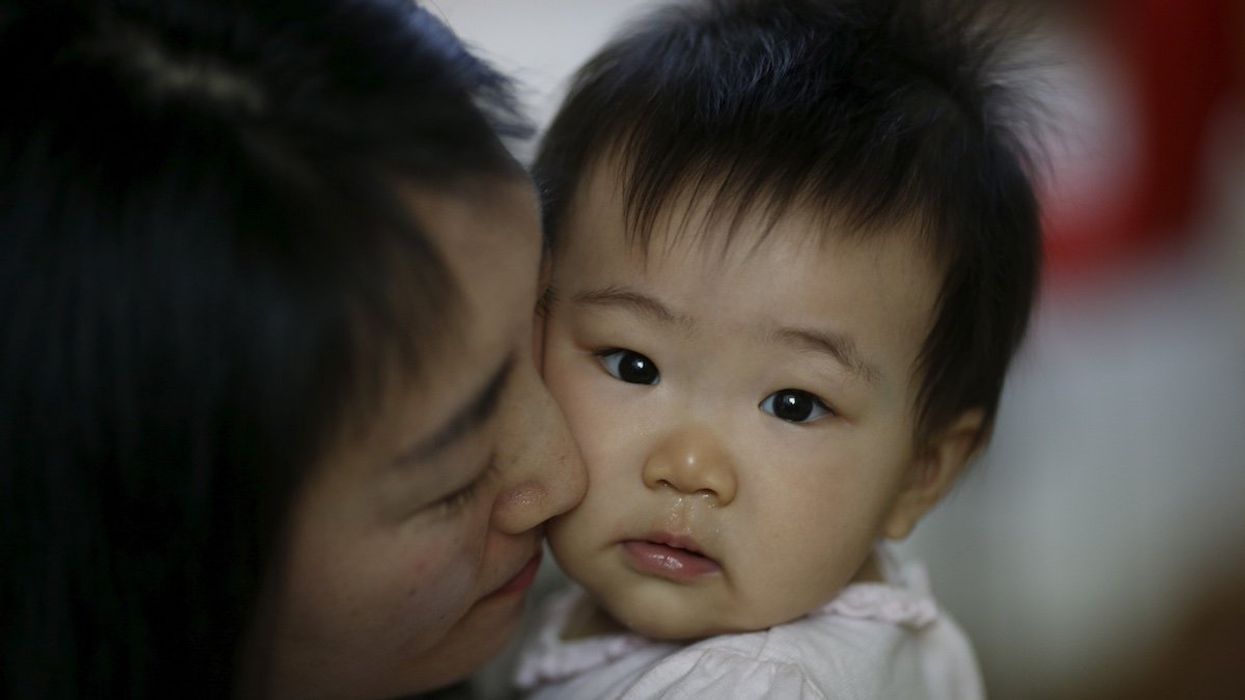GZERO Europe
Why the US-Ukraine minerals deal is a win-win
What is the importance of the so-called minerals deals, which have now been concluded between Ukraine and the United States? What is the importance of the visit by the Danish King Frederik to Greenland? Carl Bildt, former prime minister of Sweden and co-chair of the European Council on Foreign Relations, shares his perspective on European politics from Stockholm, Sweden.
May 01, 2025

